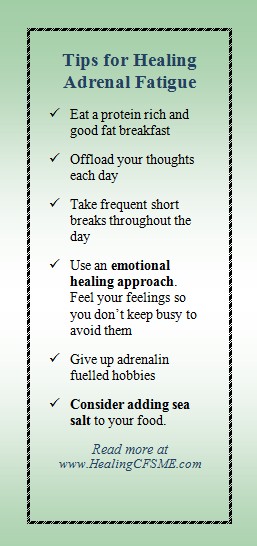


The Salt/Sodium Adrenal-Hormone ConnectionĮat no salt for more than a few weeks and you die. (Mozaffarian 2015, Graudal 2012, Mancia 2017) For reasons we will explain below, sodium restriction as a national policy is increasingly apparent as a house built on sand. Absent that, the epidemiological data from large populations based upon reported salt intakes has generated a lot of conflicting data, with some studies showing increased risk associated with increasing salt intakes and some not. First of all, no one has bothered to do the obvious study in which people with normal blood pressure restrict their salt intakes for years at a time to see if this improves their overall health, or at least does them no harm. While sodium restriction for everyone remains the official policy of most developed countries, there are many reasons to question this one-size-fits-all recommendation (Taubes, 1997). In other words, we are all told to limit our salt intakes because this is assumed to be benign for most of us and life-saving for the minority with what is called ‘salt-sensitive hypertension.’ Sodium intake has been linked to increased blood pressure in about 25% of the general population, and given the strong association between hypertension and cardiovascular disease, the assumption has been that we all should consume less sodium to reduce our heart-attack risk. Sodium has been recognized for thousands of years (and understood biochemically for over a century) as an essential mineral for human well-being and function, but the optimum level of intake for humans remains highly controversial. Sodium: Essential But Still Controversial Sodium depletion symptoms are less specific, and given our national guidelines’ phobia against salt, most people don’t respond appropriately. Dehydration by itself tends to be self-correcting. Without enough sodium in the body, no amount of water intake can maintain normal volume in the circulation. But water consumption alone cannot reverse the symptoms of sodium depletion.

Dehydration triggers thirst, which stimulates water consumption. So, case closed, right? Absolutely not! Cutting to the chase, most of the symptoms that the internet community attributes to adrenal fatigue and inadequate dietary carbs can be cured by a modest daily supplement of one essential nutrient – sodium (aka salt).Ĭaveat: To avoid confusion as we continue this discussion, we need to differentiate between ‘sodium depletion’-which triggers the renin/aldosterole pathway that reduces sodium excretion-and simple dehydration. And yes, adding carbs to your diet could understandably reduce these symptoms. Indeed, there is a somewhat complicated answer to this question that can link nutritional ketosis to fatigue, anxiety, and even insomnia. But where’s the science linking carbohydrate restriction and/or nutritional ketosis to impaired adrenal function (i.e., inadequate cortisol or adrenaline production)? After all, ‘ nutritional ketosis’ and ‘ keto-adaptation’ have yet to be adequately described in those hallowed publications. The mere fact that adrenal fatigue does not appear in medical textbooks does not prove that it doesn’t exist. You can’t find its diagnosis and treatment described in medical textbooks or in peer-reviewed research papers. Why? The simple answer is that ‘adrenal fatigue’ is not an objective medical diagnosis associated with a ketogenic diet, nor is it one that can be made based upon a physical exam or by lab testing. However, a PubMed search of the same three words yields zero hits.

If you google “adrenal fatigue ketogenic” at the time of this writing you get 371,000 hits. And the equally casual recommended treatment from internet nutrition gurus is to add back more carbs to your diet until these symptoms go away.īut here is an interesting puzzle. In past decades, these symptoms have been casually called the ‘Atkins- or keto-flu’. Typical symptoms attributed to diet-induced adrenal failure are fatigue, insomnia, anxiety, and slow recovery after exercise. If we can believe what we read on the internet, ‘adrenal fatigue’ is a common problem associated with low carbohydrate, paleo, and ketogenic diets. Leveraging basic physiology to prevent 'keto-flu,' 'Atkins-flu,' and 'adrenal fatigue.'


 0 kommentar(er)
0 kommentar(er)
